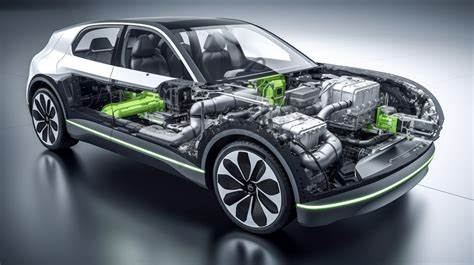

New energy vehicles (NEVs) have diverse functional requirements. In electric vehicles, using a single PCB with strong processing capabilities and complex circuits may be a cost-effective solution. However, these PCB must be able to withstand hundreds of amperes of current and voltages up to 1000 volts continuously over a lifespan of a million hours, which are specific to the in-vehicle environment. On one hand, components like power electronic devices are getting closer to actuators, thus requiring PCB to endure higher temperatures. On the other hand, electronic devices such as onboard computers need to maintain performance better due to their 24/7 charging and operation, demanding a longer service life from NEV PCB.
In the PCB industry, impedance control, PCB layering, and PCB process control are standard requirements. Automotive PCB must ensure excellent signal integrity and power integrity, as well as good electromagnetic compatibility (EMC). Special attention must be paid to material selection to ensure stability in terms of temperature, humidity, and bias, in addition to electrical performance. This will lead to future restrictions on material choices and design rules. To ensure the necessary electrical performance, it is crucial to verify whether there are any errors in the PCB design or if the production process control can guarantee quality assurance.
If you are a manufacturer of new energy vehicles or interested in NEV PCB, please feel free to contact our sales staff to learn more.